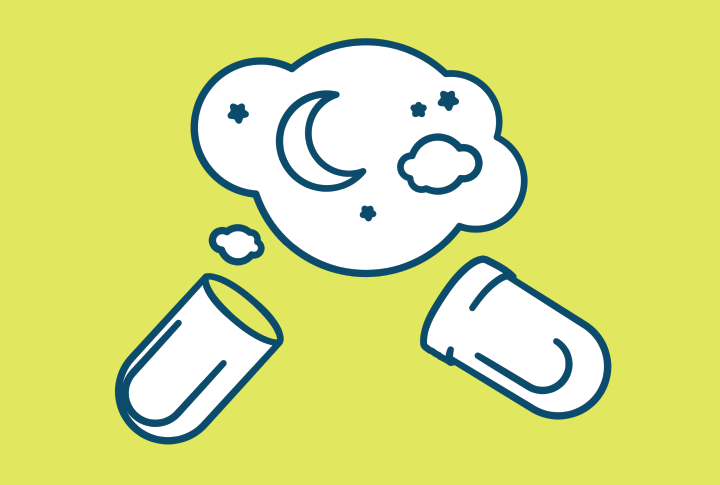To provide services at the highest level, we use cookies. Using the website requires you to choose settings related to their storage on your device. If you want to know what each type of cookie is used for, click the Details button below.
Melatonin – meaning, action, deficiency, excess16 maja 2022 |

Melatonin is responsible for regulating the natural sleep-wake cycle, thus promoting healthy and restful sleep. Additionally, melatonin lowers body temperature. Furthermore, melatonin counteracts aging processes and may have anti-cancer properties.
The main effects of melatonin deficiency or low levels of melatonin are disruptions in the sleep-wake cycle and difficulties with falling asleep. Additionally, melatonin deficiency can cause headaches. A low level of melatonin often leads to mood disorders, primarily depression.
The primary effect of melatonin excess or high levels of melatonin is hypothermia, which in extreme cases can lead to death. Moreover, an excess of melatonin can result in difficulties with concentration and excessive sleepiness. Additionally, high levels of melatonin cause disruptions in the sleep-wake cycle.
Melatonin secretion can be increased by maintaining a regular daily rhythm. Additionally, melatonin secretion increases when access to blue light is limited before sleep. Scientific studies suggest that melatonin levels can be increased by consuming oranges, bananas, and pineapples.
Melatonin secretion can be decreased by maintaining a regular daily rhythm. Additionally, melatonin secretion decreases with increased exposure to light. Moreover, melatonin levels naturally decrease with age.